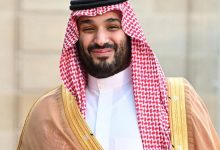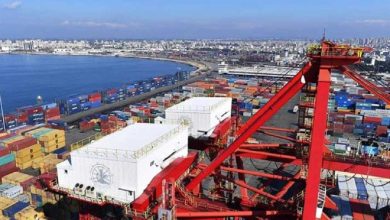Saudi Arabia Prepares for Largest Public Share Offering in History: Aramco’s Surprise

Saudi Arabia is contemplating a public share offering worth $50 billion in its state-owned oil behemoth, Aramco. This move could mark the largest initial public offering (IPO) in history, especially at a time when crude oil exports are witnessing a decline.
The shares are set to be sold on Tadawul, the Saudi stock exchange, as reported by the Wall Street Journal. While the Kingdom has garnered significant interest from major investors, discussions are still in their preliminary stages.
Aramco already set a record for the world’s largest IPO in 2019, selling shares valued at $29.4 billion. This new share offering would provide Saudi Arabia with a substantial influx of cash, aligning with its ambitions to invest in mega-projects such as the Neom island development and the Red Sea project. These initiatives are designed to shift the Kingdom’s economy away from long-term fossil fuel dependence.
The Kingdom reaped unexpected benefits from oil revenues after crude oil prices surged to over $100 per barrel following Russia’s invasion of Ukraine in February 2022. However, these gains dwindled by about 40% the following year due to global economic health concerns.
In a bid to bolster prices, Riyadh rallied members of the Organization of the Petroleum Exporting Countries (OPEC) and an oil-producing alliance led by Russia, known as OPEC+, to reduce production. Saudi Arabia led the way, introducing a series of unilateral production cuts starting in October. In an OPEC+ meeting in July, the Kingdom extended its production cut of one million barrels per day until September.
Saudi oil sales to China, its largest export market, reached their lowest since the COVID-19 pandemic began. Indicating the impact of these unilateral cuts on Saudi Arabia, the Kingdom’s oil exports hit a two-and-a-half-year low in August, averaging 5.6 million barrels per day compared to 6.3 million barrels per day in July.
While managing the OPEC+ group, Saudi Energy Minister Prince Abdulaziz bin Salman warned speculators they would “feel hell” if they doubted his intent to restrict global energy supplies, causing tensions with the UAE.
Abu Dhabi and Riyadh have agreed on some thorny geopolitical issues in the Middle East, but recent disagreements have emerged over regional influence. In an OPEC+ meeting in June, the UAE achieved its long-term goal of increasing its allowed crude oil output, while Saudi Arabia committed to extending its production cut of one million barrels per day until September.
You Might like:






